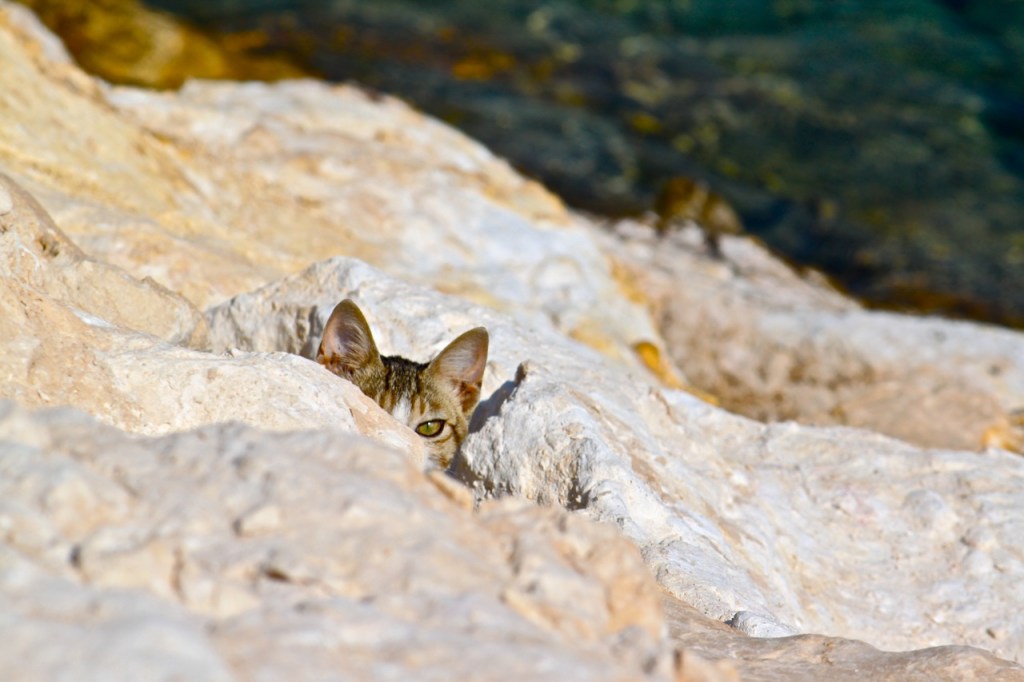
Your username is a centerpiece of your Wikimedia and broader digital identity. Wikimedians are arguably more prone to digital threats than average internet users. Users engage with individuals holding widely different values, perspectives, and opinions, working together to curate the world’s largest encyclopedia. This places Wikimedians in a vulnerable position, especially with respect to those who may disagree with the contents that appear on Wikipedia.
While the Wikimedia Foundation takes steps to protect your privacy, we also suggest that you take the steps you can. The best place to start is with your username.
Usernames are an expression of your identity and a great chance to get creative. On the Wikimedia projects, you have almost infinite possibilities. Due to the nature of the sites, usernames are publicly visible.
Many users may be tempted to use their real names as usernames, or usernames that can be easily decoded (using, for instance, their year of birth, hometown, or school ID number). Identifying users can be relatively straightforward in combination with open editing, which logs every edit made to the sites.
For example, if “Phoebe2005” edits the articles about “East Village, Manhattan“, “Stuyvesant High School“, and “Bronx Night Market“, one can presume that the editor’s name is Phoebe, they were born in 2005, and likely has some connection to New York City. It might also be that they study at Stuyvesant High School and frequent the Bronx Night Market.
Now imagine you have repeated that username or it is somewhat similar to ones you use across other platforms, like Instagram, TikTok, or Twitter. Depending on your privacy settings on these websites, a potential bad actor could easily create a dossier that identifies who you are, where you study, where you work, what you look like, where you live, and how to contact you.
Often, a simple Google search of a unique username is enough to get a lot of personal information about you. This can expose you to a whole range of threats, including doxing, surveillance, and harassment, both online and offline.
So, what can you do? Choose your username carefully!
- Don’t use your real name, or a username that might give clues to your real-life identity (such your birthdate, birth year, and hometown)
- Use a username that’s different from your other usernames on the internet
- Try to avoid exclusively editing topics that are directly connected to you in a personal way – e.g. current or former schools, your hometown, the building you live in, the place where you practice your religion.
If you already have an account on the Wikimedia sites and want to change your username, the volunteer community has you covered. Information about the process is available on Meta-Wiki, the coordination wiki covering all Wikimedia sites. Know that the username change log is public. This means a bad actor could possibly still connect your new and old username and identify who you are. As such, it might be worth considering creating a new account.
Finally, also have a look at this interactive online course by the Totem Project to gather a more comprehensive idea on how you can protect your identity online.
Please consider spreading the word about these best practices on your social media channels. The following post was written for Twitter but can be adapted for other channels:
- How can you better protect your #OnlinePrivacy while editing @Wikipedia? Choose your username carefully. Learn more from @Wikimedia ↓ https://diff.wikimedia.org/?p=81691

Can you help us translate this article?
In order for this article to reach as many people as possible we would like your help. Can you translate this article to get the message out?
Start translation